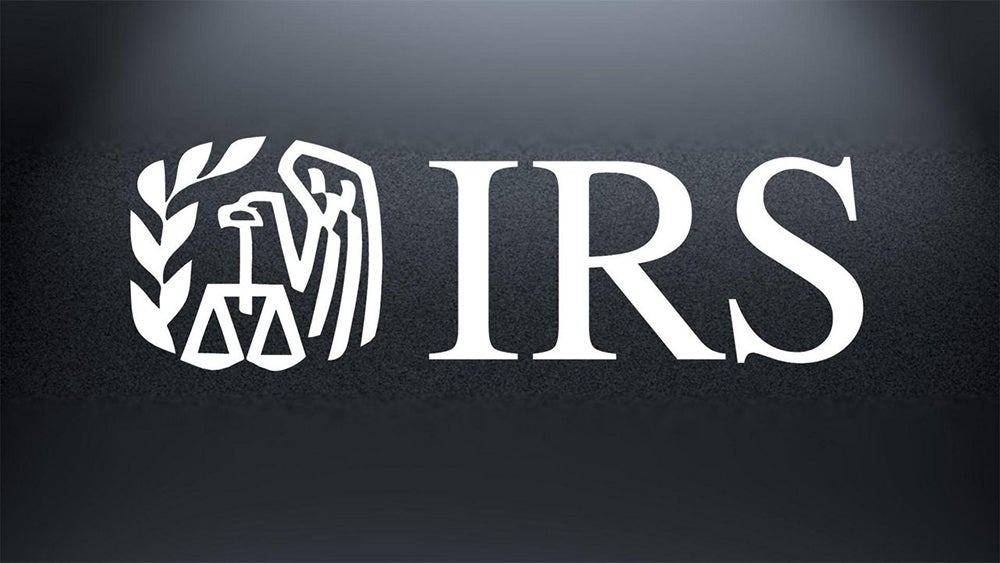IRS releases new guidelines to help Americans eligible for stimulus checks
Published 11:44 am Wednesday, April 1, 2020
|
Getting your Trinity Audio player ready...
|
The Internal Revenue Service (IRS) released new guidelines on Monday to help Americans eligible to receive stimulus checks from the government, get their money as soon as possible.
Last week, Congress passed a $2 trillion stimulus relief package aimed at cushioning the economic blow dealt to the country by the coronavirus pandemic. Among the bill’s measures, is a plan to send individual Americans making up to $75,000 a check for $1,200, and $2,400 for couples who make up to $150,000. Another $500 will be sent to individuals and couples who have children under 17.
According to the IRS, the best way for Americans to receive their money as soon as possible is by making make sure they’ve filed a tax return for 2019 or 2018 that includes bank information so the Treasury Department can direct deposit the money into your account.
“The vast majority of people do not need to take any action,” the IRS states on its website. “The IRS will calculate and automatically send the economic impact payment to those eligible.”
According to the guidelines, the IRS will use a person’s 2019 return to calculate their eligibility for the check and automatically send money to them. Officials stress that no legitimate government officials or anyone from the IRS will ever ask you for your bank information.
If you haven’t filed your 2019 taxes yet, the government will use your 2018 return to determine your eligibility. Officials say there is no need to call the agency, or sign up to receive the check.
If you didn’t include your bank information the last time you filed your taxes, the Treasury Department said it will develop a web-based portal over the next few weeks where individuals can submit their banking information to the IRS online, so they can receive their payments immediately instead of waiting for a check.
Individuals who make more than $75,000 will see their payments reduced by $5 for every $100 above the $75,000 threshold, with payments phasing out for people who make more than $99,000. For couples, the amount is also reduced with payments completely phasing out for those who make more than $198,000.
Americans who weren’t required to file taxes over the last two years will have to file what’s known as a “simple tax return” that will give the IRS some basic information, such as filing status, number of dependents, and bank information.
“Low-income taxpayers, senior citizens, Social Security recipients, some veterans and individuals with disabilities who are otherwise not required to file a tax return will not owe tax,” the IRS said.






